If an annual doesn´t flower one year, might it flower the next?
Almeria
18 years ago
Related Stories
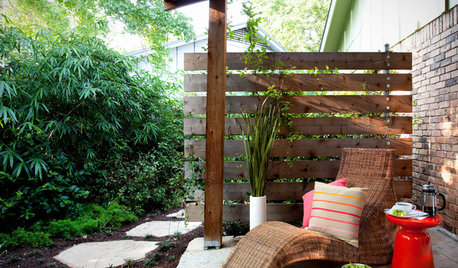
LANDSCAPE DESIGNThe Best Winter Garden Project? Plan for Next Year
Consider these 9 ideas now for a highly personal, truly enjoyable garden come spring
Full Story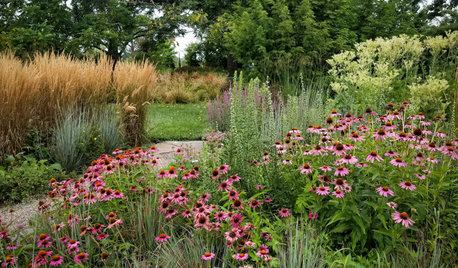
FALL GARDENING20 Favorite Flowers for the Fall Landscape
Vivid blooms and striking shapes make these annuals and perennials a delight in autumn gardens
Full Story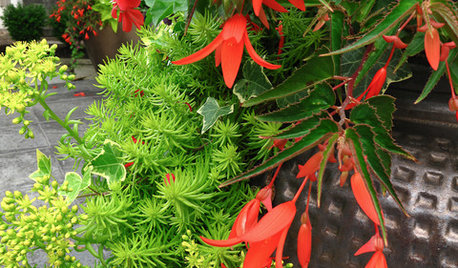
GARDENING GUIDESSuperstar Annuals for Containers and Baskets
High performing, low maintenance and all-around gorgeous, these container plants go the distance while you sit back and relax
Full Story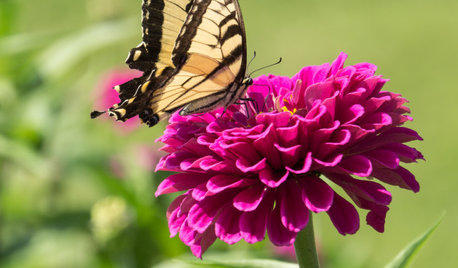
GARDENING GUIDES20 Favorite Flowers for Butterflies and Bouquets
Discover perennials and annuals that do double duty as butterfly magnets and versatile cut flowers
Full Story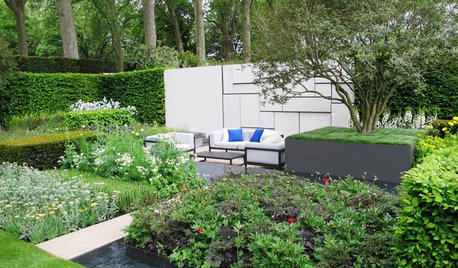
GARDENING GUIDESSee Winning Gardens From the 2015 Chelsea Flower Show
The popular annual London event showcases the best in garden design. Get inspired by these 2015 gold-medal winners
Full Story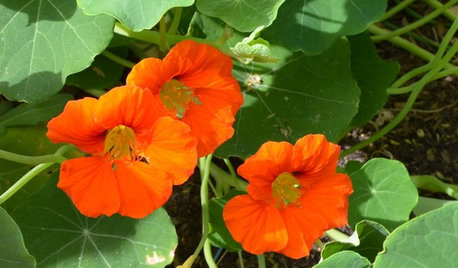
CONTAINER GARDENS7 Deer-Resistant Flowers for Your Summer Containers
Grow these as protection for edibles or just for their colorful beauty — deer might not like them, but everyone else will
Full Story
COLORPantone Unearths Emerald as Its 2013 Color of the Year
Whether you dig a natural version or go for one with polish, Pantone is predicting you'll treasure emerald green at home over the next year
Full Story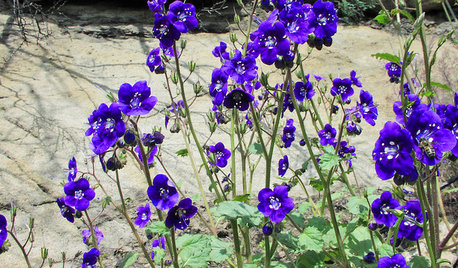
GARDENING GUIDESGreat Design Plant: Annual Phacelias
Coveted by California beekeepers and wildlife gardeners, phacelias are worth planting now for their prolific blue to purple spring blooms
Full Story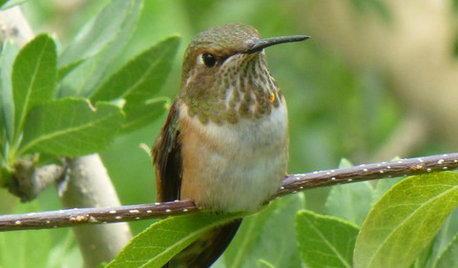
GARDENING GUIDES8 Flowers That Hummingbirds Adore
To draw those mesmerizing little birds to your garden or doorstep, plant these flowers that are attractive in more ways than one
Full Story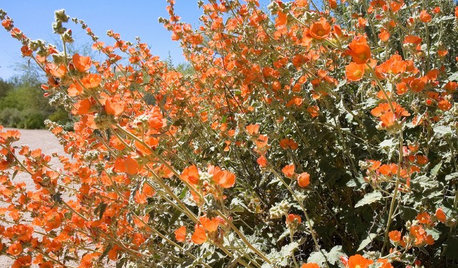
GARDENING GUIDESWarm Up Your Garden With Orange Flowers
Hummingbirds and butterflies are not the only ones who will notice when you introduce a blaze of orange into your garden
Full StoryMore Discussions






fonzie47
tapla (mid-Michigan, USDA z5b-6a)
Related Professionals
New Bedford Landscape Architects & Landscape Designers · Wrentham Landscape Architects & Landscape Designers · Piqua Landscape Architects & Landscape Designers · Port Royal Landscape Architects & Landscape Designers · Bristol Landscape Contractors · Cedar Hill Landscape Contractors · East Hanover Landscape Contractors · Lancaster Landscape Contractors · Maywood Landscape Contractors · Muttontown Landscape Contractors · North Chicago Landscape Contractors · Pompano Beach Landscape Contractors · East Norriton Landscape Contractors · Hawaiian Gardens Window Contractors · Orange County Window Contractorscarmel_wordsforit_com
gardengal48 (PNW Z8/9)
AlmeriaOriginal Author
tapla (mid-Michigan, USDA z5b-6a)
gardengal48 (PNW Z8/9)
vetivert8